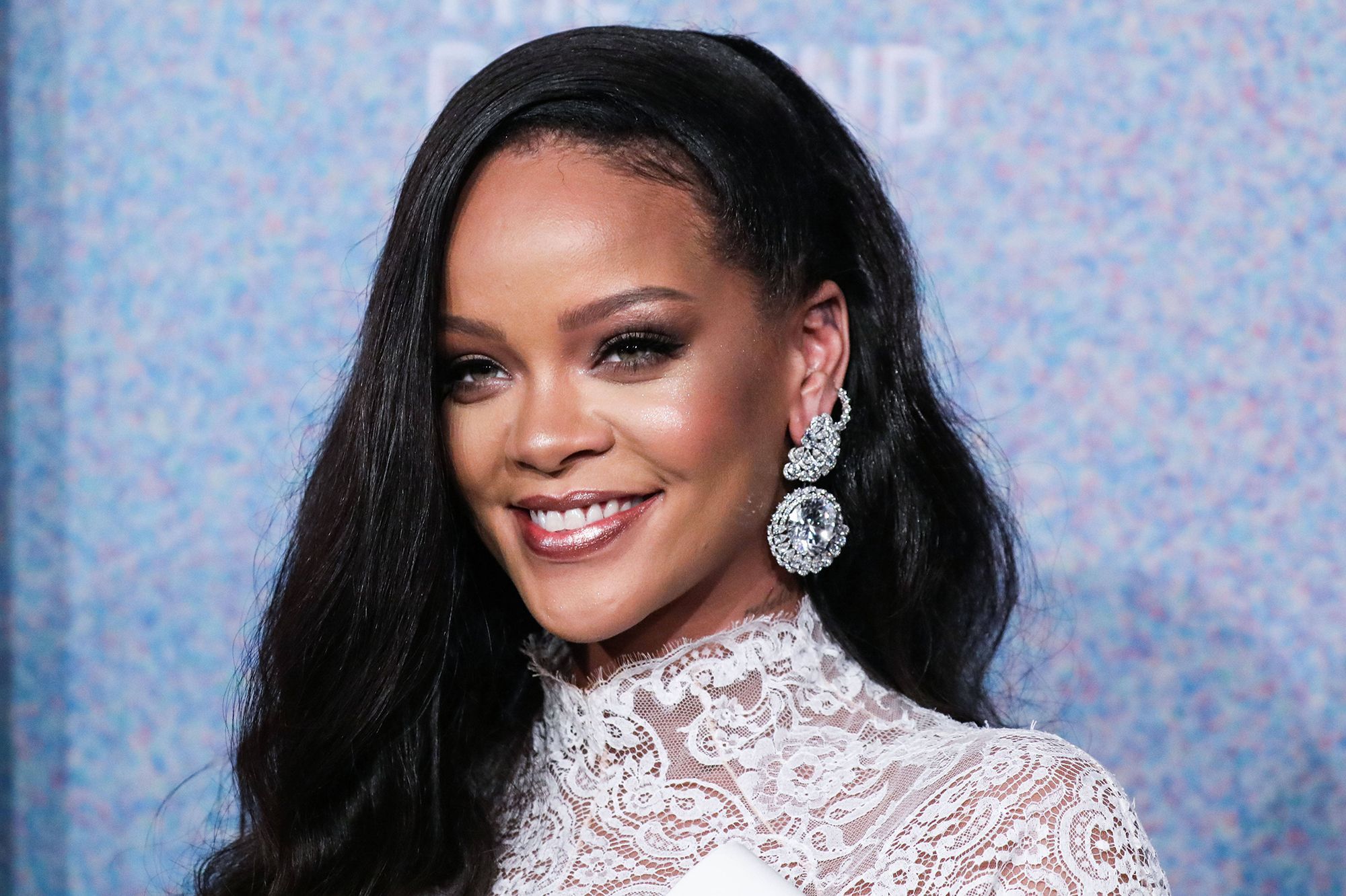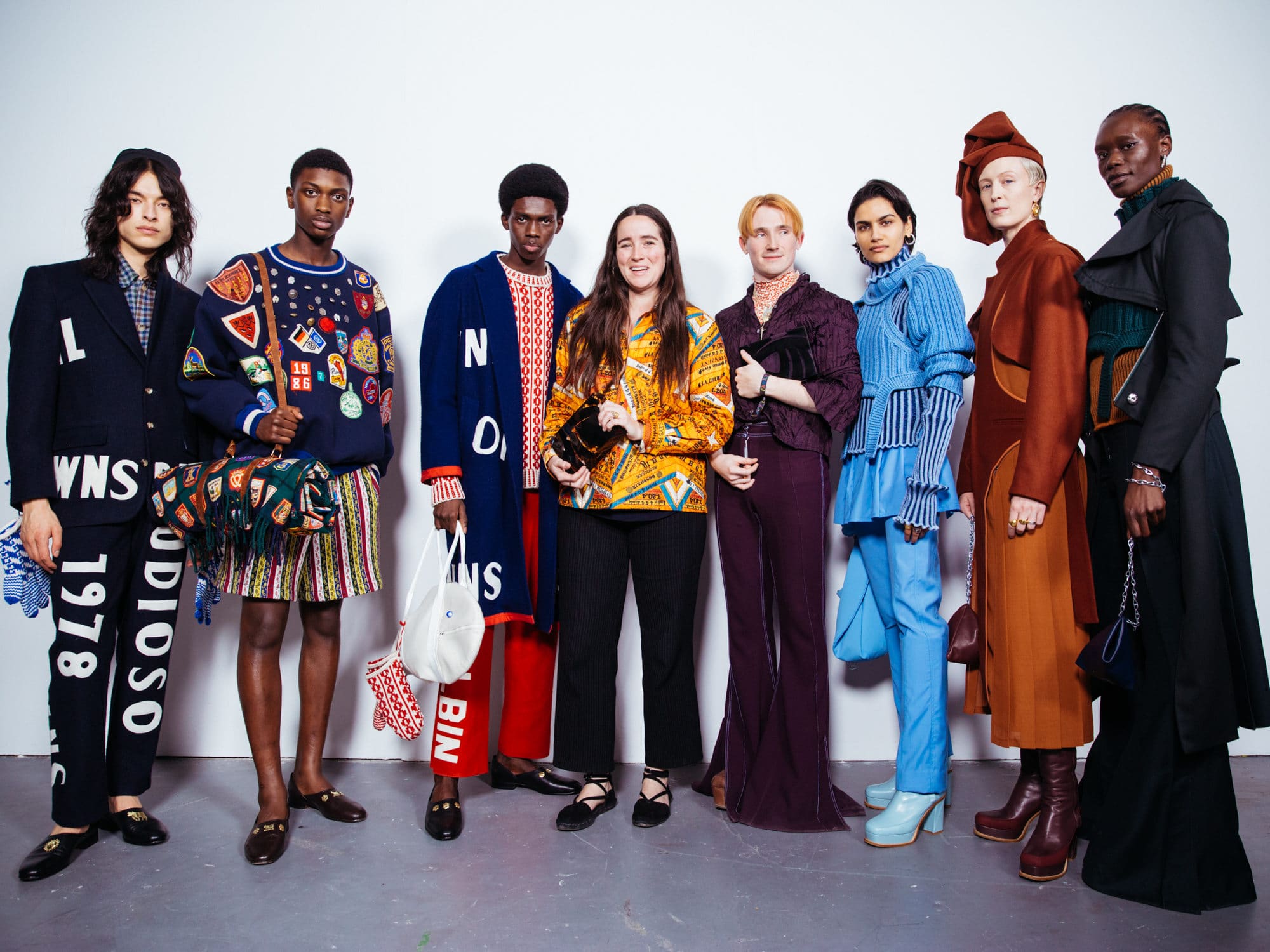[vc_row njt-role=”people-in-the-roles” njt-role-user-roles=”administrator,armember”][vc_column][vc_column_text]
For a decade, the big names in fashion and luxury have been relying on innovative influencer campaigns rather than traditional advertising campaigns. The objective is to convey the image of a more authentic and transparent luxury through the voice of digital influencers who operate on democratic ground: social networks. But the upheaval of the fashion and luxury industry, which is a corollary of the coronavirus crisis, has changed the languages of this influence marketing. How are the big houses reinventing their communications in times of crisis? Analysis.
“Anyone can become a media “: influencers, the eldorado of the big houses.
The digital strategy of the big names in fashion and luxury no longer seems feasible today without the mediation of the influencer, a central figure in 2.0 marketing and an alternative to the classic model.
First of all, influencers are an excellent way to add a new dimension to the communication of the big luxury houses, by showcasing the products in their daily lives: “Today, customers are seduced by a fashion show: they will see the product on Jennifer Lawrence for our advertising campaign, but they will also be able to see how the bag will be worn in a more informal context, following a web star like Chiara Ferragni, who will put it in her everyday life via her Instagram posts. “says Gary Pinagot, Director of Social Networks and e-Reputation for Christian Dior Couture.
Thus, while some luxury brands are collaborating with big stars – LVMH has partnered with singer Rihanna (80.5M followers) to launch her new luxury cosmetics brand “Fenty” in 2019 – many of them are using more “popular” influencers to massively reach and maximize sales. In this perspective, the Lancôme brand has in the last two years called upon Noholita (600K subscribers on Instagram), Chloé B (530K subscribers) or The Doll Beauty (980K subscribers) to promote its new products.
Because of their leadership and their capacity for strong organic engagement, influencers have a positive impact on the sales of major houses by seducing millennials in particular, which could account for more than half of the luxury market by 2024, according to the Boston Consulting Group.
According to the marketing research firm Forrester, more than 58% of sales in the United States are “digitally influenced” – that is, after taking information from the web. And more than 130 million users would click on an Instagram post every month to find out more about products that interest them. In addition, 89% of Generation Y luxury consumers use Facebook products daily, figures that show the impact of influencers in purchasing decisions. A juicy market therefore for the fashion and luxury industry, which no longer hesitates to invest in these public figures.
Finally, social media are a lever of influence for luxury brands because of the proximity they allow with the consumer: “Luxury players immediately found a natural playground, with communication relatively under control, totally visual, and a platform that had an ontological relationship with beauty. It has become the alpha and omega of luxury“, analyses Eric Briones, founder of the Paris School of Luxury and author of Luxe et Digital.
“Instagram is the ideal network for the fashion and luxury goods industry because it is an image-centric medium. Luxury, because of its history and especially its recent history, gets its messages across through images, so it’s a perfect combination for us,” adds Gary Pinagot about the fit between the digital world and the world of fashion and luxury.
While fashion and luxury brands have gradually moved towards influence marketing, the global coronavirus crisis has put the traditional activities of the big houses on hold, forcing them to rethink their discourse and their collaboration with influencers.
Crisis communication in the midst of a coronavirus pandemic
“Don’t go running in the park, don’t be selfish at this time of year” the queen of Italian female influencers Chiara Ferragni launched on Monday on her Instagram account while her husband the rapper Fedez was organising online concerts from his Milanese balcony. This post illustrates the change in the discourse of the influencers themselves who, at a time when half of humanity remains confined to their homes, prefer to avoid any commercial promotion, probably considered too fanciful in times of crisis.
The US retail chains Macy’s and Ulta Beauty have temporarily denied influencers and media companies the sales commissions they receive for publishing links to products. These links had become a multi-billion dollar ecosystem, serving as the main source of revenue for many influencers and media brands.
Brands have to adopt new behaviours and it is finally the luxury industry that is resorting to a brand new dialectic that clearly modifies the strategies of influence.
Indeed, the current health crisis is in fact leading to a repositioning of discourse on substance rather than form. “Communication will be less promotional or product-oriented, but more oriented towards meaning. Brands must continue to speak out, but in a different way. Constraint is always a source of change and creativity. “says Julien Casiro, CEO of the Braaxe advertising agency.
Since March 27, 2020, in addition to encouraging its community to participate in fundraising activities, the Italian company Gucci has enabled the World Health Organization to take control of its Instagram account and other social networks – an audience of nearly 70 million subscribers. The WHO then published numerous prevention messages regarding the health, safety and well-being of all under the hashtag #GucciCommunity. “Gucci has created an open and free world: a global Gucci community. During this crisis, we ask you to be Changemakers and stand with us in the fight against Coronavirus. We are all concerned ” said Gucci CEO Marco Bizzarri in a statement.
The Global Web Index also revealed in a survey that nearly 45% of global consumers spend more time on social media in a time of confinement. And according to a report by Influencer Intelligence on “what Covid-19 means for influence marketing“, consumers are increasingly looking for influencers for self-care content in times of health crisis. This is surely what prompted Japanese cosmetics giant Shiseido to unveil a few days ago a new organic facial care brand along with a donation of nearly 1.4 million dollars to support the Shanghai Charity Foundation.
At a time of crisis that is shaking the entire planet, it is in fact a return to more essential values such as solidarity and national unity that fashion and luxury brands are advocating. In these dark times, their marketing strategies therefore consist more in transmitting messages that will symbolize their collective commitment, to the detriment of direct recourse to influencers.
Read also > Livestreaming : the new winning strategy for luxury houses
Headline photo : © LVMH[/vc_column_text][/vc_column][/vc_row][vc_row njt-role=”not-logged-in”][vc_column][vc_column_text]
For a decade, the big names in fashion and luxury have been relying on innovative influencer campaigns rather than traditional advertising campaigns. The objective is to convey the image of a more authentic and transparent luxury through the voice of digital influencers who operate on democratic ground: social networks. But the upheaval of the fashion and luxury industry, which is a corollary of the coronavirus crisis, has changed the languages of this influence marketing. How are the big houses reinventing their communications in times of crisis? Analysis.
“Anyone can become a media “: influencers, the eldorado of the big houses.
The digital strategy of the big names in fashion and luxury no longer seems feasible today without the mediation of the influencer, a central figure in 2.0 marketing and an alternative to the classic model.
First of all, influencers are an excellent way to add a new dimension to the communication of the big luxury houses, by showcasing the products in their daily lives: “Today, customers are seduced by a fashion show: they will see the product on Jennifer Lawrence for our advertising campaign, but they will also be able to see how the bag will be worn in a more informal context, following a web star like Chiara Ferragni, who will put it in her everyday life via her Instagram posts. “says Gary Pinagot, Director of Social Networks and e-Reputation for Christian Dior Couture.
This article is reserved for subscribers.
Subscribe now!
Unlimited access to all the articles and live an original reading experience, preview content, exclusive newsletters …
[/vc_column_text][vc_btn title=”I suscribe!” color=”black” size=”lg” align=”center” link=”url:https%3A%2F%2Ftest2023.luxus-plus.com%2Fen%2Fabonnements-et-newsletter-2%2F|||”][vc_column_text]
Already have an account? Log in.
[/vc_column_text][/vc_column][/vc_row][vc_row njt-role=”people-in-the-roles” njt-role-user-roles=”customer”][vc_column][vc_column_text]
For a decade, the big names in fashion and luxury have been relying on innovative influencer campaigns rather than traditional advertising campaigns. The objective is to convey the image of a more authentic and transparent luxury through the voice of digital influencers who operate on democratic ground: social networks. But the upheaval of the fashion and luxury industry, which is a corollary of the coronavirus crisis, has changed the languages of this influence marketing. How are the big houses reinventing their communications in times of crisis? Analysis.
“Anyone can become a media “: influencers, the eldorado of the big houses.
The digital strategy of the big names in fashion and luxury no longer seems feasible today without the mediation of the influencer, a central figure in 2.0 marketing and an alternative to the classic model.
First of all, influencers are an excellent way to add a new dimension to the communication of the big luxury houses, by showcasing the products in their daily lives: “Today, customers are seduced by a fashion show: they will see the product on Jennifer Lawrence for our advertising campaign, but they will also be able to see how the bag will be worn in a more informal context, following a web star like Chiara Ferragni, who will put it in her everyday life via her Instagram posts. “says Gary Pinagot, Director of Social Networks and e-Reputation for Christian Dior Couture.
This article is reserved for subscribers.
Subscribe now!
Unlimited access to all the articles and live an original reading experience, preview content, exclusive newsletters …
[/vc_column_text][vc_btn title=”I suscribe!” color=”black” size=”lg” align=”center” link=”url:https%3A%2F%2Ftest2023.luxus-plus.com%2Fen%2Fabonnements-et-newsletter-2%2F|||”][vc_column_text]
Already have an account? Log in.
[/vc_column_text][/vc_column][/vc_row][vc_row][vc_column][/vc_column][/vc_row]








